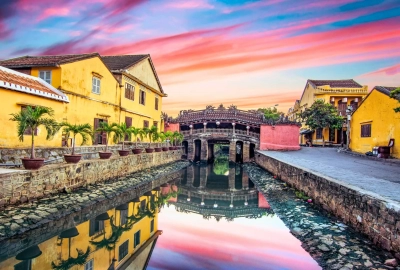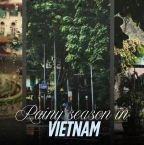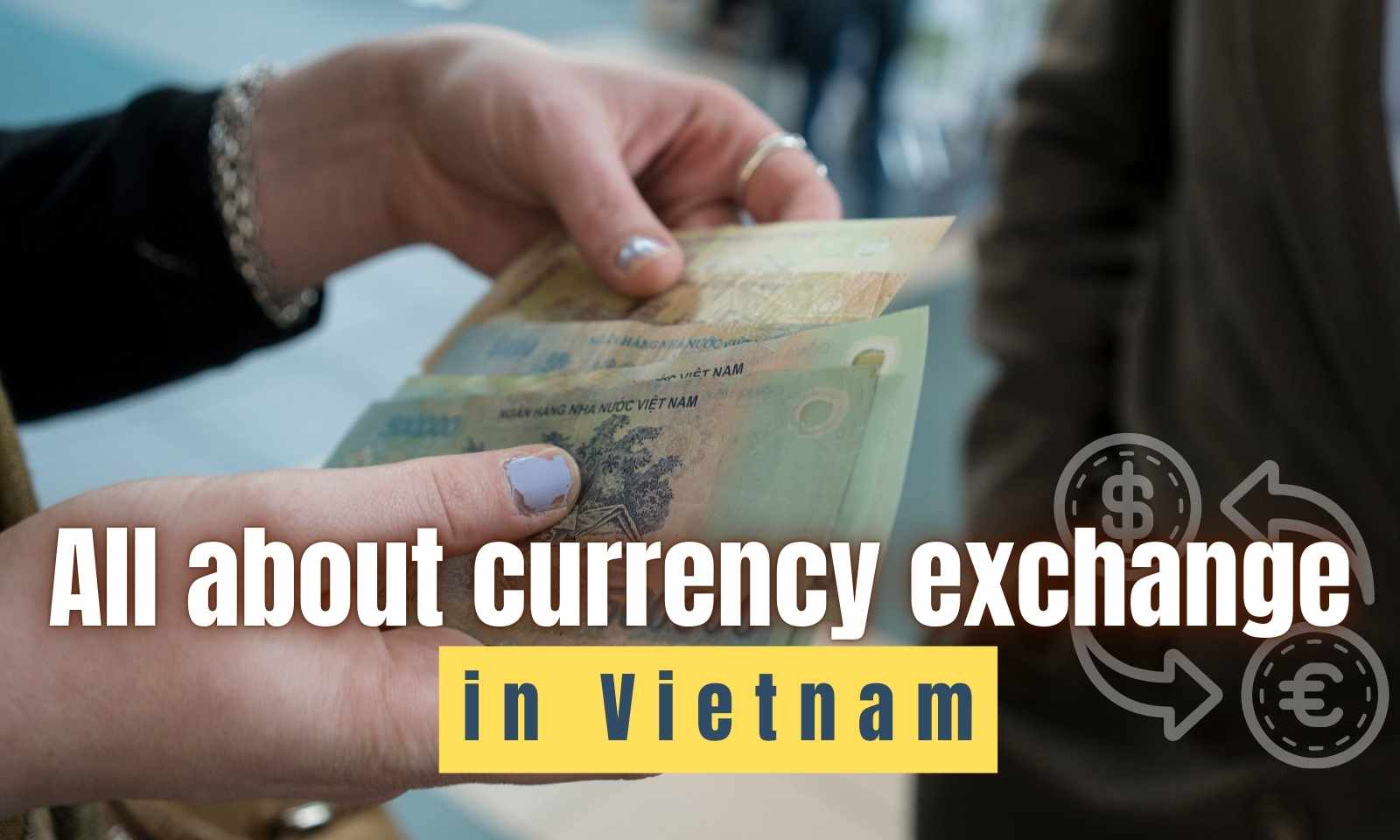
All about currency exchange in Vietnam: What you should know?
This article provides essential information on currency exchange in Vietnam. It helps you understand the best methods, avoid common mistakes, and efficiently use ATMs and payment cards during your trip. Get ready for a smooth Vietnam experience!

Exchanging currency is essential when visiting Vietnam. By learning the best ways to exchange money, you can avoid extra fees and maximize your travel experience. Let Hanoi Voyages help you navigate currency exchange in Vietnam!
Table of Contents
Exploring Vietnam dong exchange rates: Essential insights for travelers
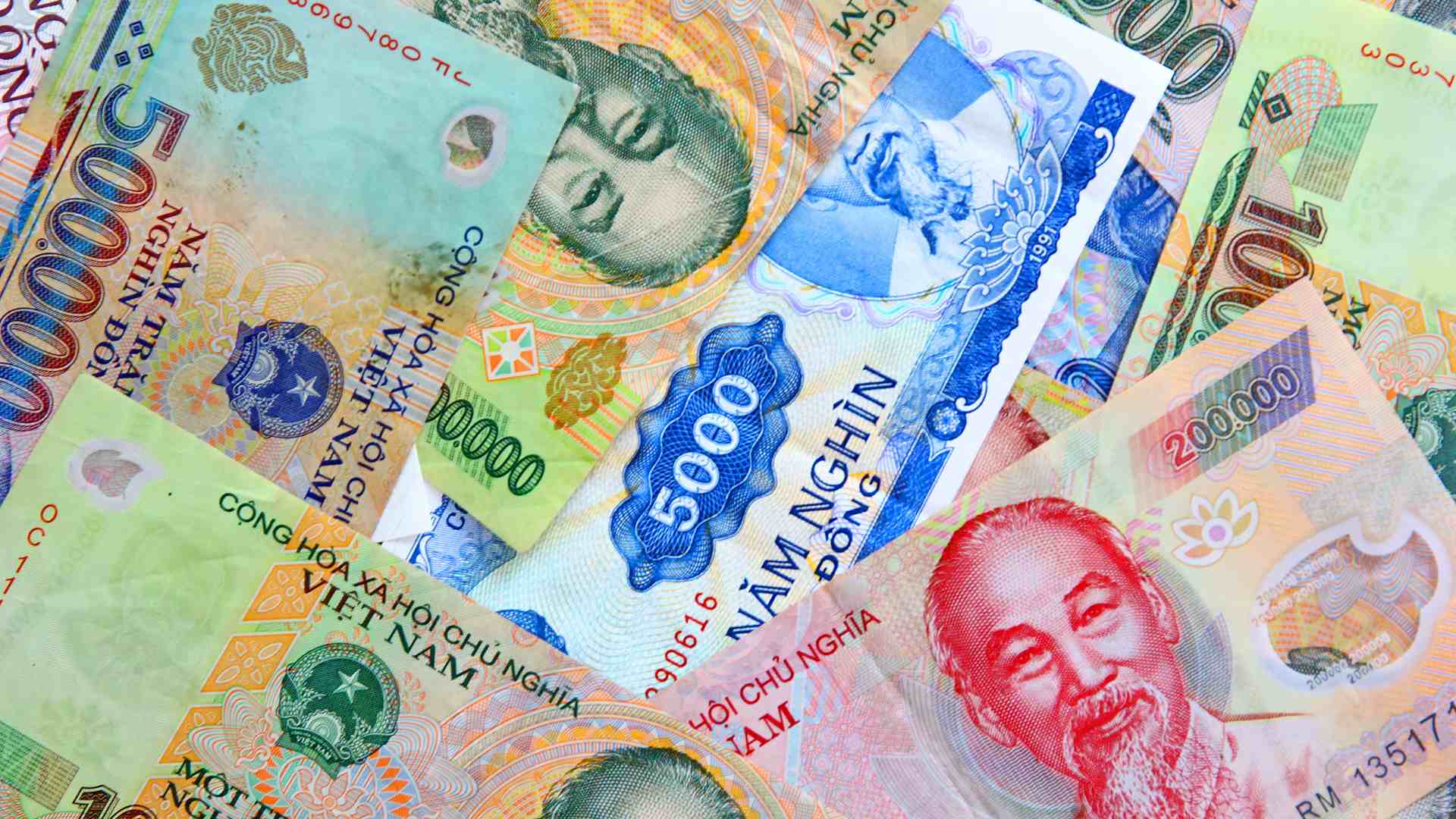
Exploring Vietnam dong exchange rates is crucial for travelers heading to Vietnam. Understanding how it compares to major currencies will help you plan your budget more effectively. When it comes to currency exchange in Vietnam, banknotes are available in denominations of 500đ, 1000đ, 2000đ, 5000đ, 10,000đ, 20,000đ, 50,000đ, 100,000đ, 200,000đ and 500,000đ.
While VND exchange rates can fluctuate, recent trends show relative stability. Here is the table comparing VND to USD, Euro and British Pound:
VND | USD ($1 = 23,500 VND) | Euro (€1= 25,800 VND) | British Pound (£1 = 30,300 VND) |
10,000 VND | $0,42 | €0,39 | £0,33 |
20,000 VND | $0,83 | €0,78 | £0,67 |
50,000 VND | $2,08 | €1,94 | £1,68 |
100,000 VND | $4,17 | €3,89 | £3,36 |
200,000 VND | $8,33 | €7,78 | £6,72 |
500,000 VND | $20,83 | €19,45 | £16,80 |
Currency exchange in Vietnam: Reliable and convenient locations
Though USD is accepted in some places, using VND ensures a smoother Vietnam tour. Here are the top exchange options for first-time visitors to Vietnam.
At banks
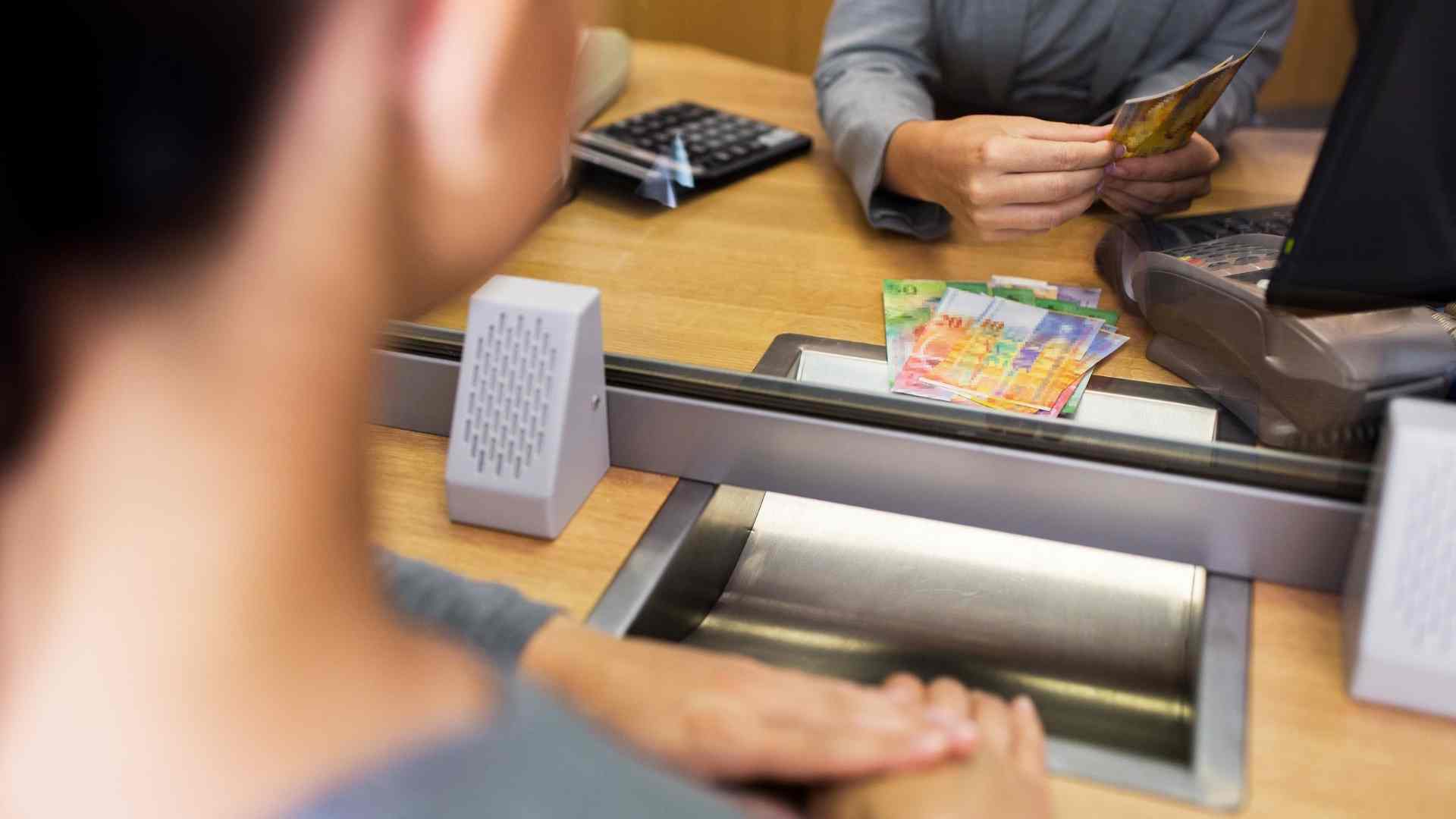
Exchanging money at banks is a secure and reliable option for currency exchange in Vietnam, with major banks offering competitive exchange rates. You’ll need your passport for identification and services are available during regular business hours (Monday to Friday, from 8am - 4:30pm).
You can easily find nearby banks in major cities like Hanoi and Ho Chi Minh city by searching Google Maps. While banks provide high security and reduce the risk of fraud, other options like gold shops may offer better exchange rates. Here are the top 4 major banks in Vietnam you should know:
Vietnam’s biggest banks: Top 4 choices |
|
At gold and jewelry shops
In Vietnam, gold and jewelry shops offer currency exchange services, often providing competitive rates. The process is fast and convenient, with fewer fees compared to other options, making it ideal for those needing cash quickly.
However, some shops may not be licensed for currency exchange. Unregulated shops could potentially scam customers. Therefore, it's important to remain cautious, as currency exchange in such shops is illegal in Vietnam.
At currency exchange counters
Currency exchange counters can be found in airports, shopping centers and popular tourist areas, providing easy access to cash. They have longer operating hours and shorter queues than banks. However, their exchange rates are often less competitive and some locations may apply additional service fees or commissions.
For better value, you should compare multiple exchange counters before finalizing a transaction. Always verify the amount received before leaving to ensure accuracy and prevent any potential issues.
Tips for exchanging currency in Vietnam: Must-know advice for travelers
Exchanging currency can be simple with the right tips. Here are key Vietnam currency exchange tips to help you smoother on your trip to Vietnam get the best rates and avoid common mistakes
Avoid exchanging money on the street
Street money changers might offer tempting rates but carry a high risk of scams or counterfeit bills. For safe and secure currency exchange in Vietnam, stick to authorized locations like banks, ATM or licensed exchange counters to ensure you’re getting the right rates.
Ensure your banknotes are damage-free
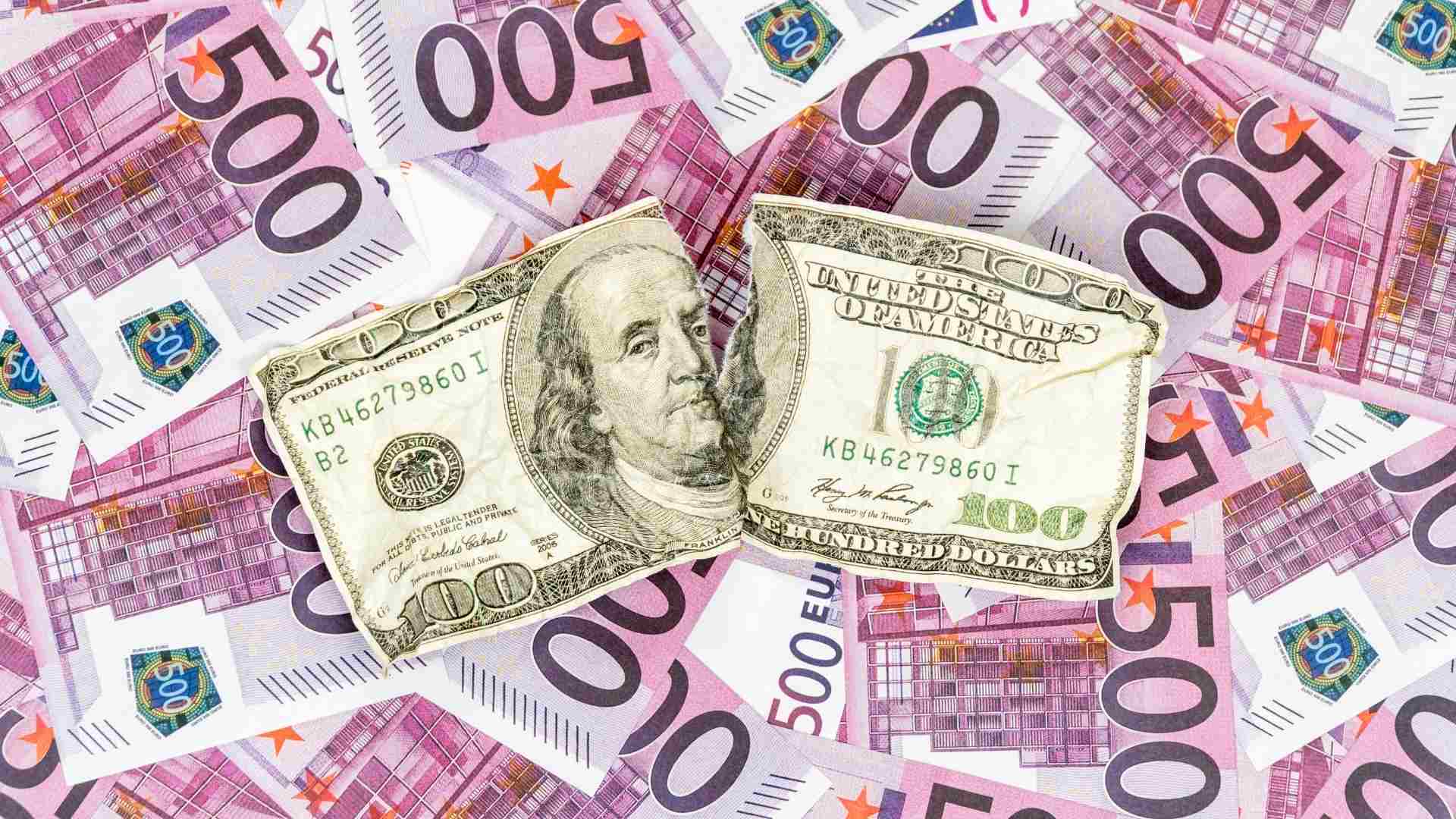
When exchanging money at Vietnam currency exchange places, ensure your banknotes are in good condition. Dirty, torn or damaged bills might not be accepted. While clean, crisp notes make the process smoother and avoid potential rejection.
Don't exchange too much money at once
You should avoid exchanging large amounts at Vietnam currency exchange places. Exchanging smaller sums reduces the risk of theft, especially in crowded tourist areas. It also helps you manage your budget better and prevents unexpected expenses or losses.
Pay attention to fees and exchange limits
Be sure to inquire about potential fees and transaction limits. Tips for Vietnam currency exchange include being aware of these differences, as they can affect your budget. Some international cards, like Capital One and Charles Schwab, don’t charge foreign transaction fees, making them great options for tourists.
Keep records of your transactions
Keeping a record of your transactions at Vietnam currency exchange places helps track your expenses and ensures you’re aware of exchange rates, fees applied. Moreover, having these records can also be useful if you need to report discrepancies or disputes later.
Currency exchange in Vietnam is vital for a seamless trip. Using banks and trusted exchange counters ensures you get the best rates and avoid scams or counterfeit money. Always be cautious when handling cash and consider exchanging smaller amounts for better control over your budget. For a worry-free trip, contact Hanoi Voyages to make your travel experience even easier.
Dream about your trip to Asia, in private
We are here to make it happen with youFREE QUOTE, WITHOUT OBLIGATION













